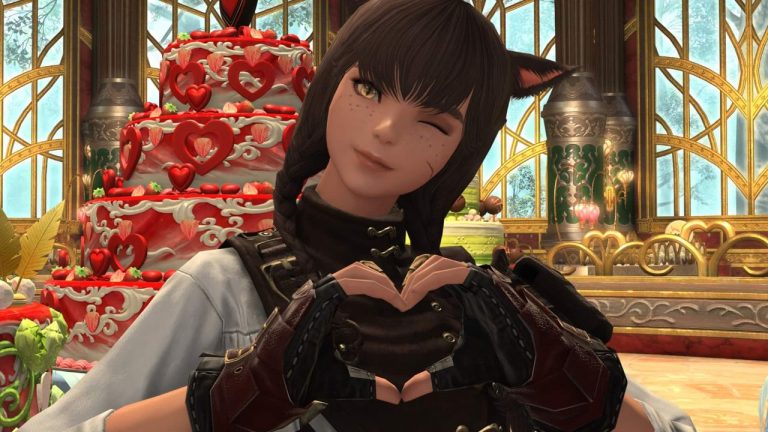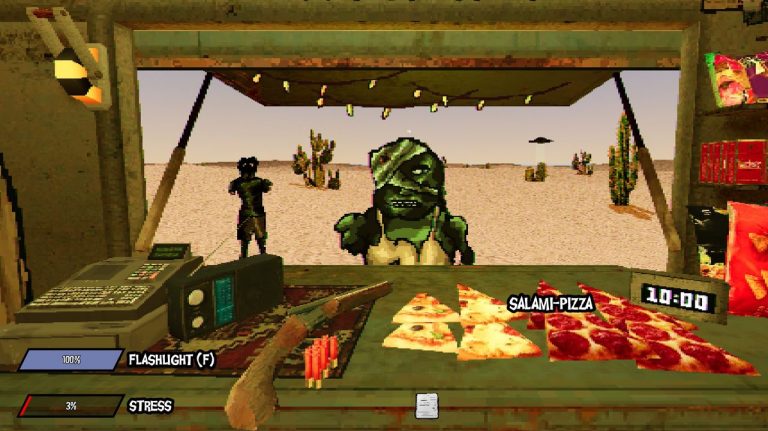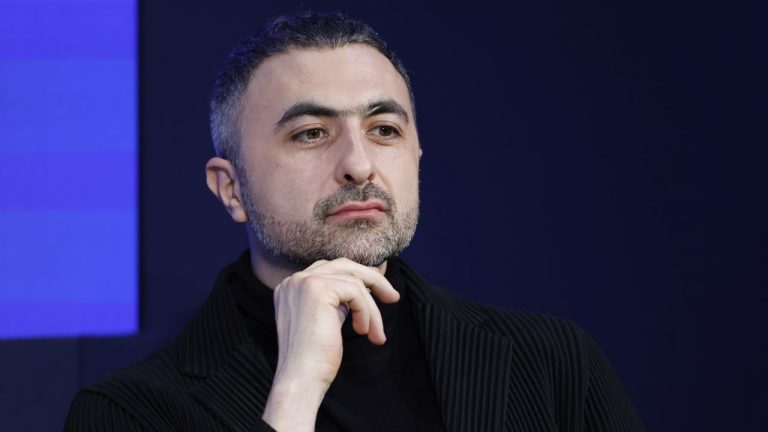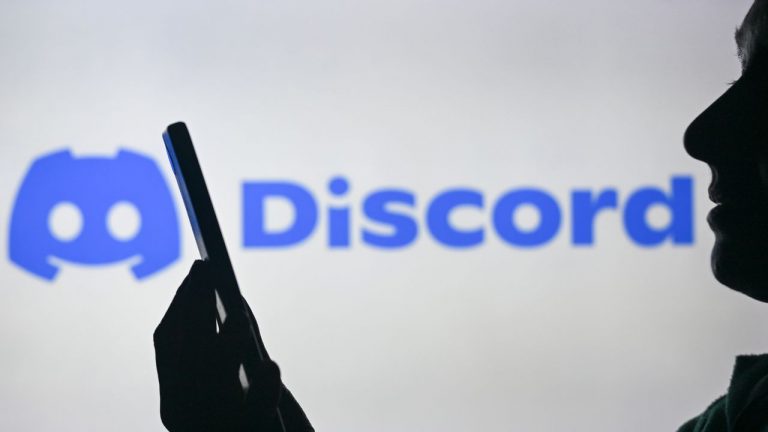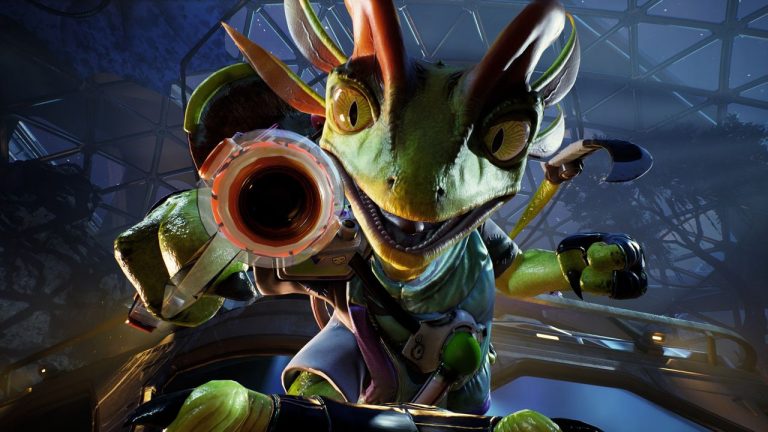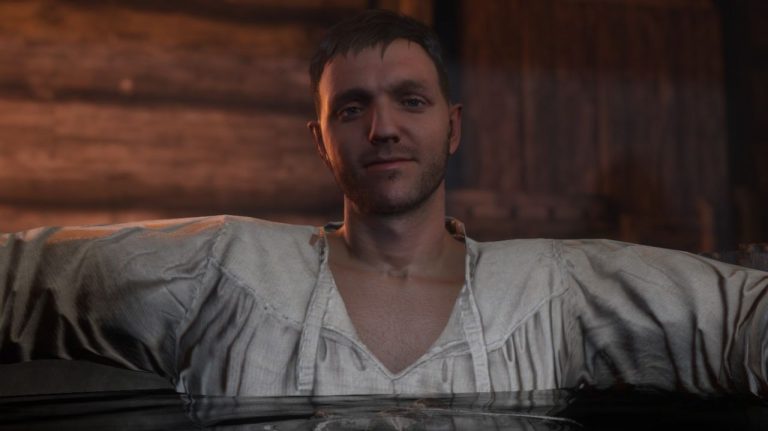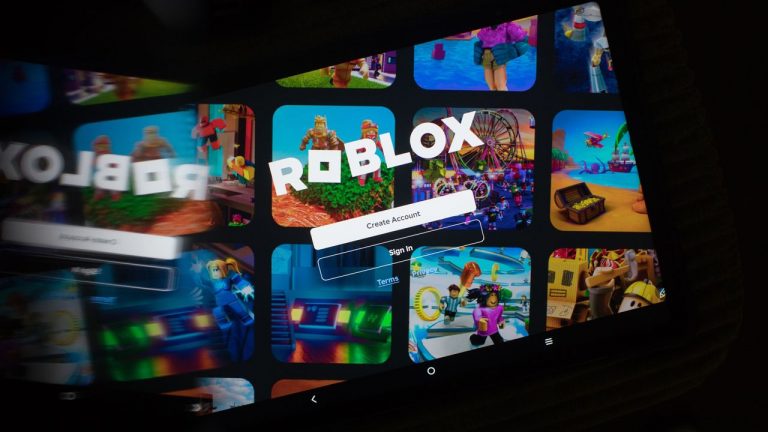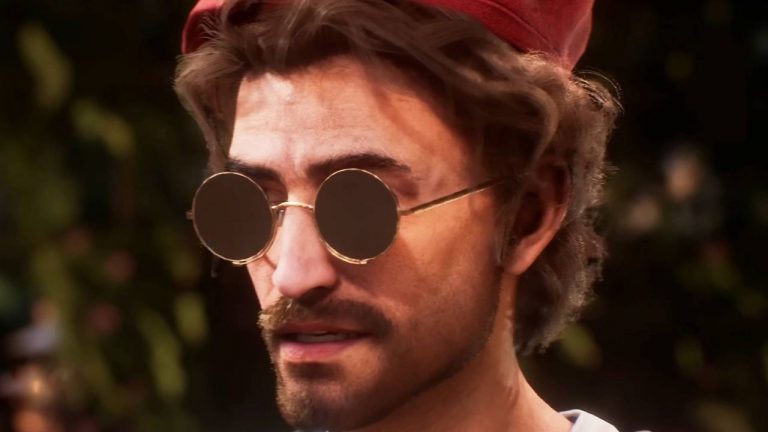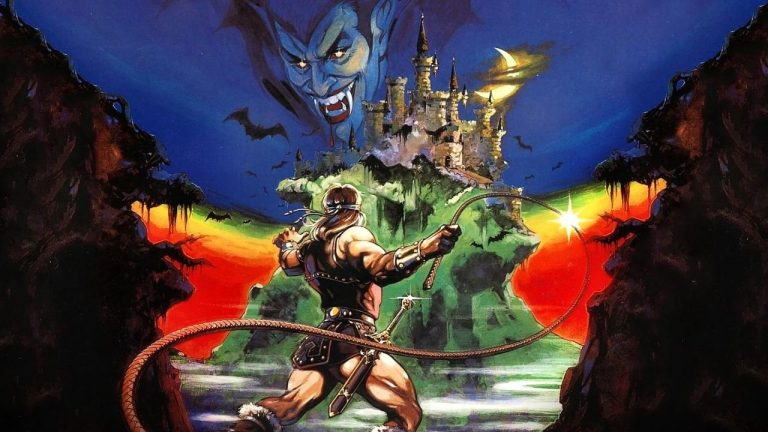Marvel Rivals and Concord are both hero shooters, but they couldn’t be more different in the one way that really matters: Concord was one of the most notorious flops in videogame history, while Marvel Rivals—at least in the early going—is a big hit. Marvel Rivals game director Thaddeus Sasser has some thoughts as to why: Speaking in a new VideoGamer podcast (via Eurogamer), he said Concord “didn’t bring any unique value” that would convince people to give it a shot.
“There’s a switching cost,” Sasser said. “I’m already invested in Overwatch, I’ve got 15 skins for Pharah, I’m not going anywhere.”
It’s a spot-on point. It takes something special to peel players off their game of choice, especially if they’ve been at it for months or years, during which they’ve often spent substantial amounts of money and have also (hopefully) gotten good. One need only look at the thousands of hours PC Gamer has sunk into games like Destiny 2, Team Fortress 2, Escape From Tarkov, and Rainbow Six Siege for proof of that.
Even when games do bring something new and unique to the table, though, it’s no guarantee of success, and Sasser said developers are “always worried” about how their games will fare until the audience actually responds to them.
“The truth is, I don’t think anybody can accurately predict this, or the game industry would be radically different today,” Sasser said. “There’s a lot of games that come out where people are like, ‘It’s gonna do well,’ and it flops. Or people are, ‘It’s gonna flop,’ and it succeeds amazingly. I think it’s really hard to tell ahead of time, and you’re always worried about that. The trick is, you need to have that reason that people want to come play your game.
“I think that Marvel Rivals does that exactly with superheroes. I don’t know about you, but when I heard the concept of the game I was like, oh my god, I want to go be Storm in the game, I want to go be Dr. Strange in the game, I want to be those heroes in the game, that sounds awesome. And of course my mind immediately leapt to all the cool possibilities you could have with that. And that’s what I think will pull people in.”
Of course, Marvel Rivals has a couple other things going for it than Concord did not. The Marvel license is certainly part of it, and likely a bigger factor is the upfront cost. Concord came out of the gate with a $40 price tag ($50 where I come from, which quite frankly is a prohibitive cost when so many other options are available), while Marvel Rivals is free to play. Marvel Rivals is also quite good—staff writer Harvey Randall recently called it “blissful chaos” and “a great bit of fun,” and that’s certainly a factor in its early success—but that doesn’t count for me if you can’t convince people to give it a shot, and “it costs literally nothing” goes a long way in that regard.
The big question for Marvel Rivals is how it will hold up in the long run, but right now all lights are green: SteamDB says that more than 340,000 people are playing right now.




